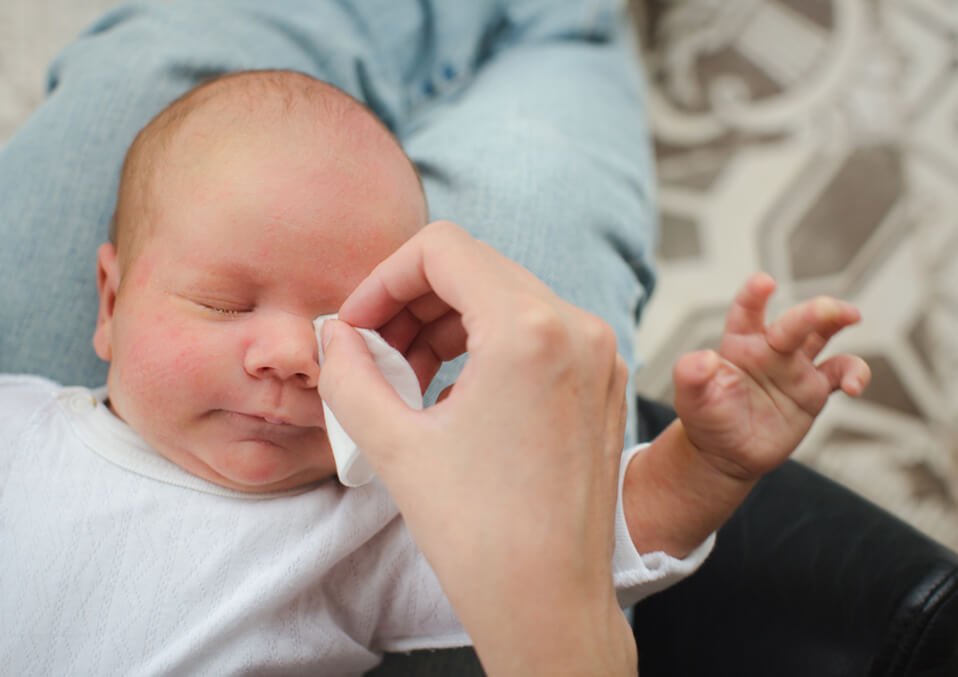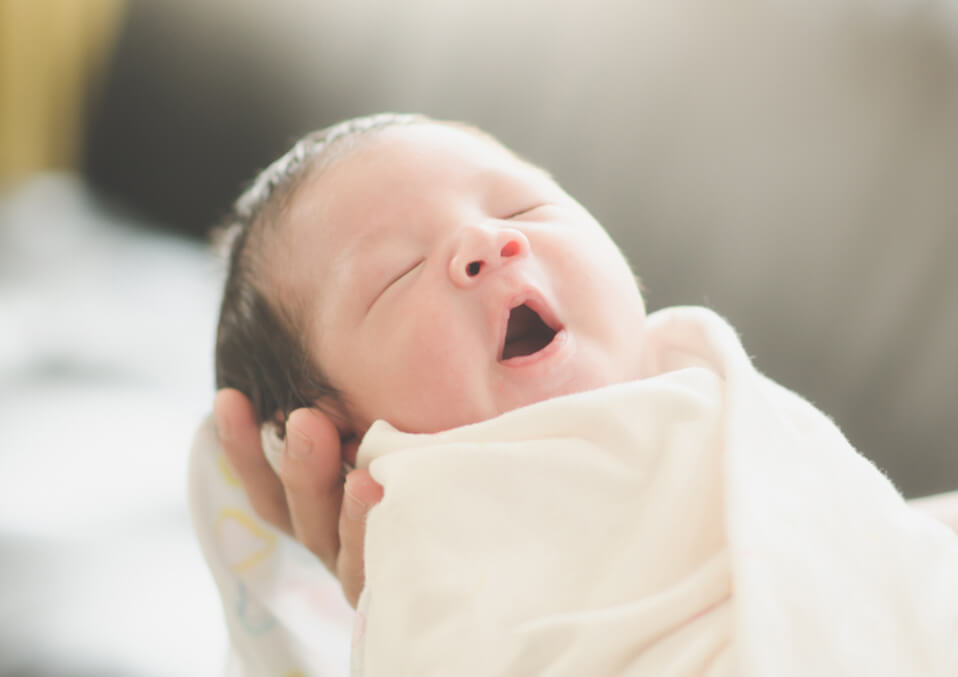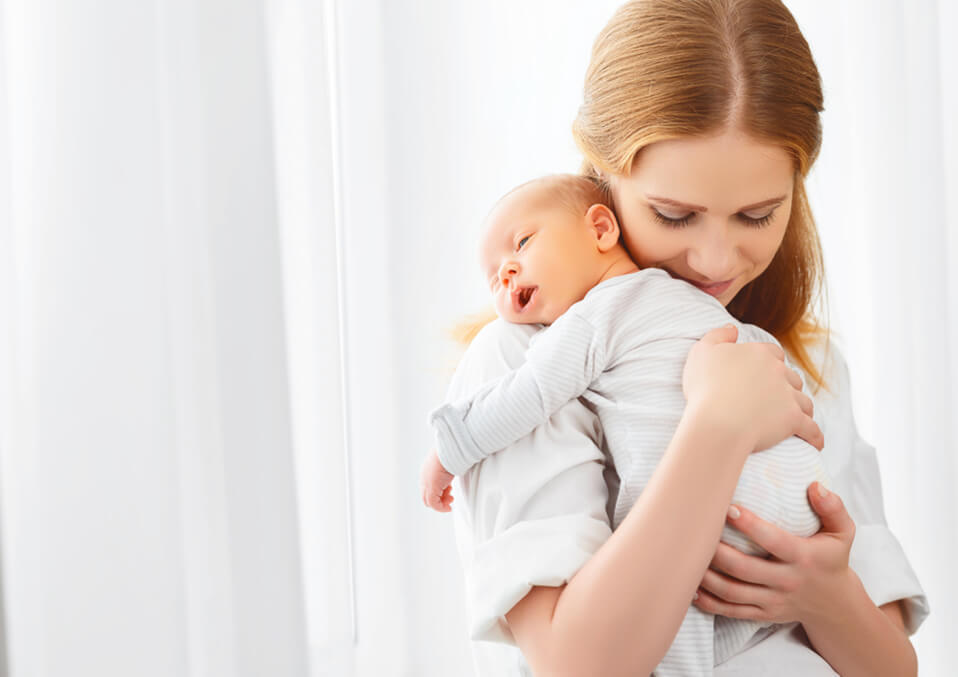
Seeing babies rubbing their eyes with their tiny hands can look cute and warm your heart to bits. Under normal circumstances, babies rub their eyes because this is the most natural thing they do when they are feeling tired and sleepy. And you cannot stop babies from rubbing their eyes so what you can do is providing them safety nets whey they happen to rub their eyes.
But most important to take note is that these can also be them communicating to their mothers that they are having a feeling of discomfort or pain due to some dust or foreign particles inside their eyes in addition to an eye allergy or an eye infection.
Infants rubbing their eyes too hard can also a warning of a vision problem. Thus, you need to be on alert mode, so that you can preempt your baby from hurting his or her eyes that’s why it is important to monitor your infant’s activities all the time.
A mother’s worries

Although babies rubbing their eyes is most natural, a mother cannot stop worrying. But what actually the mother is worried about is that her baby might be scratching her eyes vigorously with her fingernails, hurting or infecting him or her virus or germs in the process. Taking this into account, it is important that a mother should make sure that the baby’s fingernails are well-trimmed at all times, so that when he or she rubs her eyes her cute little hands are clean and might save her from getting infections from the surroundings.
Reasons why babies rub their eyes

1. Sleepiness
It is also observed that sometimes baby rubbing his/her eyes is accompanied by a yawn, indicating that it is time for a nice long nap. That feeling of sleepiness and exhaustion make babies rub their eyes to relieve them of some discomfort and soreness that they are feeling.
2. Curiosity
Sometimes babies rubbing their eyes might signal a developed motor skill that’s why they are experimenting with the newfound skill by rubbing.
3. Dry Eyes
Eyes that become too dry make babies want to rub their eyes. Dry eyes are a result of too much exposure to air. Eyes that are too dry create discomfort that’s why babies instinctively scratch their eyes to get rid of discomfort as rubbing produces tears thereby lubricating the eyes.
4. Eye allergies or eye infections
It is also important to take note that baby rubbing his/her eyes might be due to eye allergies or an eye infection causing pain or itching.
Doctors say that an allergy is a way of the immune system’s excessive response resulting in inflammation. Itching, on the other hand, refers to the side effect of this inflammation as well as the result of the release of histamine. Babies rubbing their eyes may provide a short relief to itching, however, it will also produce more histamine, making the itching worse. One way to relieve babies of discomfort or pain is by applying a cool wet cloth to closed eyes to ease itchiness.
Symptoms of these include fever, discharge, swollen or reddish eyes, or non-stop crying. When symptoms persist, seeing or consulting a doctor may be the best choice.
5. Specks of dust in baby’s eyes
When babies constantly rub their eyes it could mean there is something irritating their eyes making them uneasy, such as specks of dust, dried mucus, or a fallen eyelash. Same effects with blinking or tears.
Using a soft wet cloth to wipe your baby’s eye is helpful to take out the irritant. Also, using cold water, after that, to clean your baby’s eyes will ease out your baby’s discomfort. Keep in mind also to not use warm water inside the baby’s eyes. Always make sure the safety of babies when cleaning their eyes by properly providing adequate support in holding the baby’s head.
When the baby’s discomfort persists, it is best then to call or visit a doctor for a good check-up.
6. Impending visual problem
Eye rubbing by babies may be a sign of visual problems in later years. Babies will certainly not complain if their eyes are blurry or painful because they are still babies, so-to-speak.
But even if they are unable to express their thoughts or feelings verbally, eye experts say that babies should already have their first eye check-up by the age of 6 months, and again at age 3, and just before kindergarten, at 5 to 6 years of age to address whatever problems at early onset.
Safety nets to avoid problems

Recognizing that babies rubbing their eyes is a pressing issue that needs to be addressed at the earliest as this can lead to even bigger problems later will prod you to devise some proactive actions that will help you prevent your baby from rubbing constantly his/her eyes. You may want then to take note of the following measures to help you prevent all these from happening.
- Having your baby wear soft cotton mittens will make sure that when he/she does vigorous eye rubbing he will not hurt his/her eyes as the hand covering will protect his/her skin from getting irritated or scratched.
- Upon observing your baby rubbing his/her eyes accompanied by a yawn, put your baby immediately to sleep. Also, try to establish a sleeping pattern or routine for your baby and strictly implement it with no let-up. Because, once your baby becomes used to it and comfortable with the sleeping routine, he/she will sleep on his/her own volition with no more tiredness thus no more rubbing eyes.
- Avoid taking your babies to public places so that they will not be exposed to dust and air pollution as well as microscopic germs such as viruses or bacteria. In this way, you can prevent these triggers of allergies or infections from activating, hence, the eye rubbing. When it is necessary for you to bring your baby outside, then you have to be responsible enough to properly protect your baby’s eyes and nose before the exposure.
Takeaway
Unless complications develop, you do not have to worry or panic if you see or notice your baby develop a penchant for eye-rubbing. If ever you notice your baby making a fuss due to eye irritation resulting from infection or allergies, clean the area affected making use of the procedures cited above. And if all interventions have not provided any comfort and the problem persists, consult a doctor immediately.
Read also:
- Baby Sleep Tips: How To Help Your Baby Sleep
- What you Need to know About Sign Language for Babies
- Help Understand your Baby by Learning these 7 Essential Baby Cues


